Ongelijkheid / gelijkheid van kansen
-
Binnen dit thema richten we ons op het analyseren van ongelijkheid tussen groepen en het (bevorderen van) gelijke kansen tussen individuen, zowel binnen het onderwijs als op de arbeidsmarkt. Maatschappelijke en economische trends en technologische innovaties hebben namelijk niet voor iedereen dezelfde gevolgen. Wat zijn de implicaties van deze trends voor ongelijkheden in het onderwijs en op de arbeidsmarkt? Hoe verklaart de complexe wisselwerking tussen sociale achtergrond, cognitieve en niet-cognitieve vaardigheden, capaciteiten en gezondheid deze ongelijkheden? En wat zijn de gevolgen van ongelijkheden in een vroeg stadium van het leven voor de arbeidsmarktparticipatie en resultaten van mensen op latere leeftijd? Bij het beantwoorden van deze vragen richten we ons vooral op enkele van de meest kwetsbare groepen in westerse samenlevingen: gemarginaliseerde adolescenten, NEET’s, kinderen uit sociaal achtergestelde gezinnen en buurten, laaggeschoolde werknemers, oudere werknemers, mensen met een migratieachtergrond en mensen met een handicap.

Contactpersoon: T. Huijts
-
Gerelateerd projecten
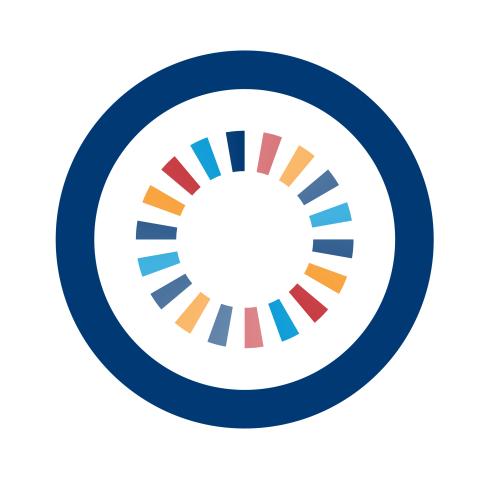
Het Nationaal Cohortonderzoek Onderwijs
Het Nationaal Cohortonderzoek Onderwijs (NCO) maakt gebruik van longitudinale registergegevens over de plaatsing van cohorten leerlingen in het basis- en voortgezet onderwijs. Deze studie is geïnitieerd en gefinancierd door de Nederlandse…
lees meer
Juveniles, Jeugd en Digitalisering (JEDi)
Dit onderzoeksproject bestudeert de impact van het gebruik van digitale media op ontwikkeling en gelijke kansen vanuit een longitudinaal perspectief, op cognitief, sociaal en identiteitsniveau. De kinderen en jongeren van vandaag worden…
lees meerLongitudinal Educational Achievements: Reducing iNequalities (LEARN)
Het LEARN-project (Longitudinal Educational Achievements: Reducing Inequalities) hanteert een longitudinale benadering om patronen van ongelijkheid in kaart te brengen. Door korte-, middellange- en langetermijntrends te onderzoeken, wil LEARN…
lees meer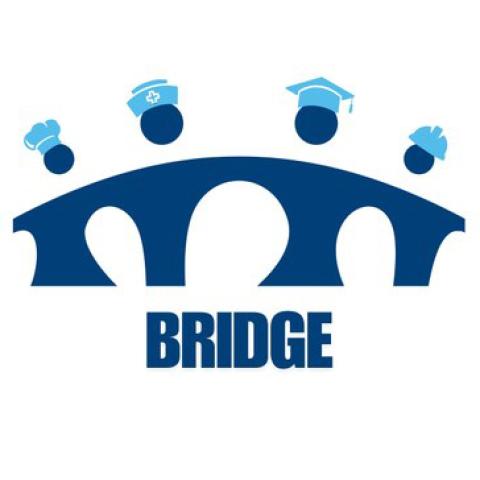
BRIDGE - Building Resilient Individuals through Effective Gradual Educational Transitions
BRIDGE is een impactgericht project dat tot doel heeft veerkrachtige individuen te vormen door middel van een effectieve onderwijstransitie. Dit gebeurt door het formuleren van krachtige beleidsaanbevelingen op het gebied van onderwijs- en…
lees meer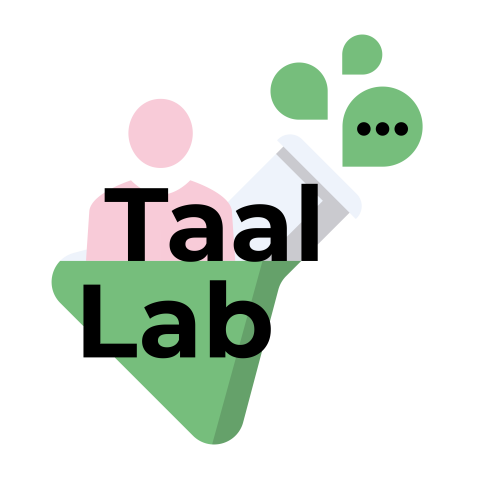
TaalLab
TaalLab is onderdeel van Education Lab Netherlands, waarin onderzoekers van verschillende disciplines samenwerken met onderwijsprofessionals om het taalonderwijs in Nederland te versterken. Het TaalLab brengt wetenschappelijke inzichten…
lees meer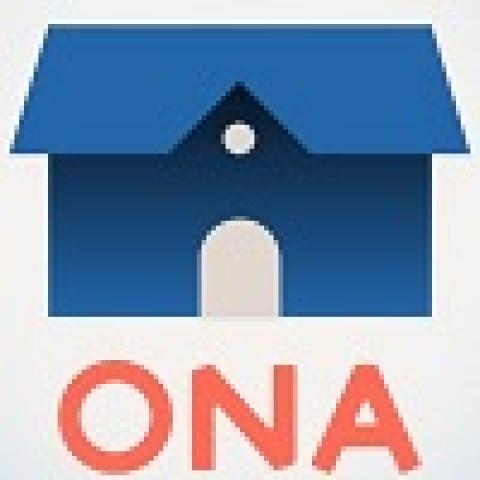
Onderwijs Kennisnetwerk Amsterdam (ONA)
Het Onderwijs Kennisnetwerk Amsterdam (ONA) versterkt de verbinding tussen onderzoek, beleid en praktijk in het Amsterdamse onderwijs. Binnen dit netwerk werken scholen, besturen, onderzoekers en de gemeente Amsterdam samen aan het…
lees meerKansrijke determinatie met hulp van een dashboard
Er wordt al geruime tijd debat gevoerd over het moment van differentiatie in het Nederlandse onderwijsstelsel, zowel landelijk als op scholen. Het selectiemoment vindt traditioneel plaats aan het einde van de basisschool, in groep 8, op basis…
lees meer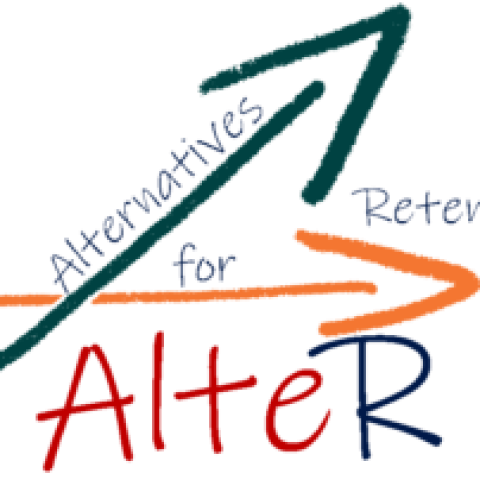
Alternatives for Retention (AlteR)
Binnen elke klas in het basis- en voortgezet onderwijs zijn er doorgaans aanzienlijke verschillen tussen leerlingen (bijvoorbeeld op het gebied van academische vaardigheden, psychosociale vaardigheden, leertempo, interesses, motivatie,…
lees meer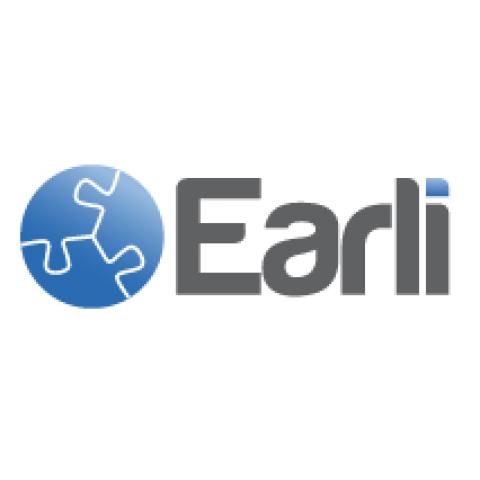
EARLI Centre for Excellence in Research (E-CER): Alternatives for Grade Retention
Binnen elke klas in het basis- en voortgezet onderwijs zijn er doorgaans aanzienlijke verschillen tussen leerlingen wat betreft academische prestaties, leertempo, interesses, motivatie en sociaaleconomische achtergrond. Deze heterogeniteit…
lees meer
PIAAC
Het programma voor de internationale beoordeling van competenties van volwassenen (PIAAC) is een initiatief van de OESO dat overheden helpt bij het beoordelen, monitoren en analyseren van het niveau en de verdeling van vaardigheden onder de…
lees meer
Flexibiliteit van onderwijssystemen en sociale ongelijkheid in onderwijsresultaten
Verschillende aspecten van de flexibiliteit van onderwijssystemen, zoals externe flexibiliteit (aanpassing aan het einde van een fase: stapelen van diploma’s) of interne flexibiliteit (aanpassing binnen een fase: omgaan met verkeerde…
lees meer
Eurograduate
Het Eurograduate-project is een proefonderzoek onder afgestudeerden in 17 Europese landen, dat tot doel heeft de basis te leggen voor een duurzaam Europees onderzoek onder afgestudeerden. Dit is een boeiend initiatief om in kaart te brengen…
lees meer